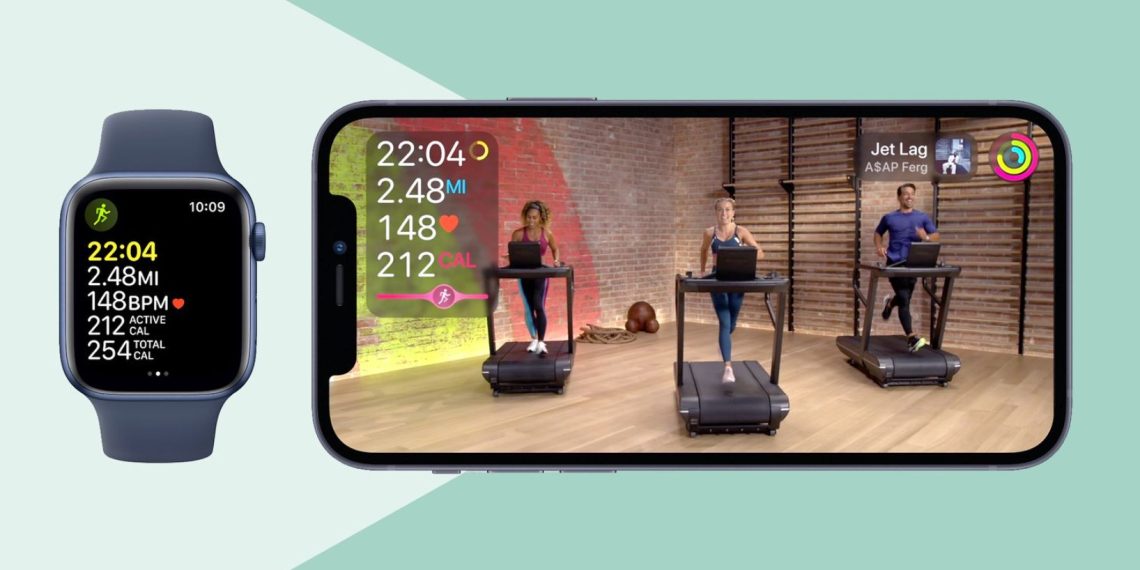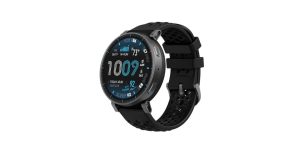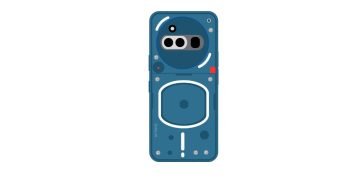Wearable technology has been widely adopted in recent years, with smartwatches and fitness trackers leading the way. These devices have evolved from simple step counters to advanced health-monitoring tools that track everything from heart rate and blood pressure to sleep patterns and stress levels.
But did you know that these devices can also accurately assess a person’s mental resilience and well-being? According to recent research, the Apple Watch, when paired with machine learning algorithms, can remotely monitor psychological states, potentially revolutionizing mental health care.
How Wearable Devices Assess Mental Resilience
Mental health issues have long been a growing concern, with mental disorders accounting for 13% of the global disease burden. The COVID-19 pandemic, economic uncertainty, and social media have added to the problem, making it more important than ever to monitor mental health. Unfortunately, access to mental health care is still a challenge for many people. That’s where wearable technology can play a role.
Researchers at the Mount Sinai Health System in New York have found that machine learning algorithms applied to data collected from wearable devices like the Apple Watch can predict a person’s mental resilience and well-being. The study involved 329 healthcare workers across seven New York City hospitals, who wore Apple Watch Series 5 or 4 that measured heart rate variability and resting heart rate. These metrics proved to be predictive in identifying resilience or well-being states, indicating the potential for further assessment of psychological characteristics through wearable data.
Revolutionizing Mental Health Care with Wearable Technology
The implications of this research are far-reaching. With the ability to remotely monitor psychological states, wearable technology like the Apple Watch can potentially revolutionize mental health care. It can make mental health care more accessible and affordable, especially for those who have trouble getting the care they need. Additionally, it can also help detect mental health issues before they become too severe, allowing for early intervention and treatment.
Researchers plan to study more people and different health conditions to improve this technology further. Wearable technology continues to advance, and with the ability to assess mental resilience and well-being, it is becoming an essential tool for monitoring overall health.
Final Thoughts
Wearable technology has come a long way in recent years, and the ability to assess mental health is just one of its many benefits. With further advancements, this technology can help improve mental health care, making it more accessible and affordable for everyone. It is clear that wearable technology will continue to play a vital role in health care, paving the way for a healthier, happier, and more resilient future.













































































































































































